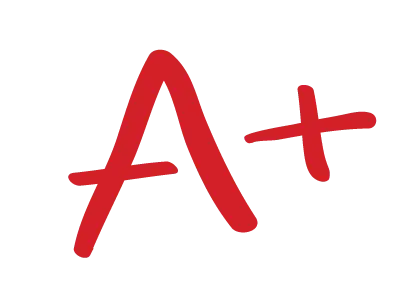Principles and Practice of Assessment
Research on peer and self assessment was completed to help increase understanding and to obtain further background information on this topic. The method I used to research this topic was through primary and secondary research.
WRITE THIS ESSAY FOR ME
Tell us about your assignment and we will find the best writer for your paper.
Get Help Now!Primary research was through my own learning experience. Discussions with my tutor and observation of tutor led power point presentations; gathering of handouts and through the exchange of information with my peers.
Within my own teaching subject, it is a specification that learners are to practice peer and self assessment. I have had the opportunity to plan my lessons based on this criteria. Secondary research has been through reading my course specification and identifying the criteria needed to meet the peer and self assessment standards.
I have also chosen to use the book; Petty, G (2008) Teaching Today. I have chosen to start with this book as the text in the publication is to support my studies and is relevant to my programme of study.
This paper will justify the use of peer and self-assessment to promote learner involvement and personal responsibility in the assessment of their learning. To support the use of these assessment methods, this paper will look at different theorists and give examples of relationships to theory.
Wilson, L (2008) explains that “Both peer and self – assessment generally lead to reflective practice. Both are the ability to judge oneself and involve a critical analysis of the individual learner. Peer assessment is based on learning from each other and is therefore a good way to share ideas and best practice.
I agree with Wilson, I would also add that peer and self assessment can be useful to motivate learners. However, this should be managed carefully, as you may have some learners who use it as an opportunity to demoralise another learner if they don’t get along.
For self-assessment I have chose to look at some theories. This first theory this paper will review is the Kolb theory. Kolb (1984) proposed a four stage cycle of learning and within one Unit 3
Principles and practice of assessment
Kerryann Kelly
of those stages was observation and reflection. The principle of Kolb’s learning cycle is that we all follow the following four stages of learning as we acquire knowledge, experience and skill. Concrete Experience provides a basis for Reflective Observation. These observations can be distilled in to Abstract Concepts, which are then actively tested with Experimentation. Concrete Experience of the experiments start over the Learning Cycle
Introducing our Online Essay Writing Services Agency, where you can confidently place orders for a wide range of academic assignments. Our reputable homework writing company specializes in crafting essays, term papers, research papers, capstone projects, movie reviews, presentations, annotated bibliographies, reaction papers, research proposals, discussions, and various other assignments. Rest assured, our content is guaranteed to be 100% original, as every piece is meticulously written from scratch. Say goodbye to concerns about plagiarism and trust us to deliver authentic and high-quality work.



